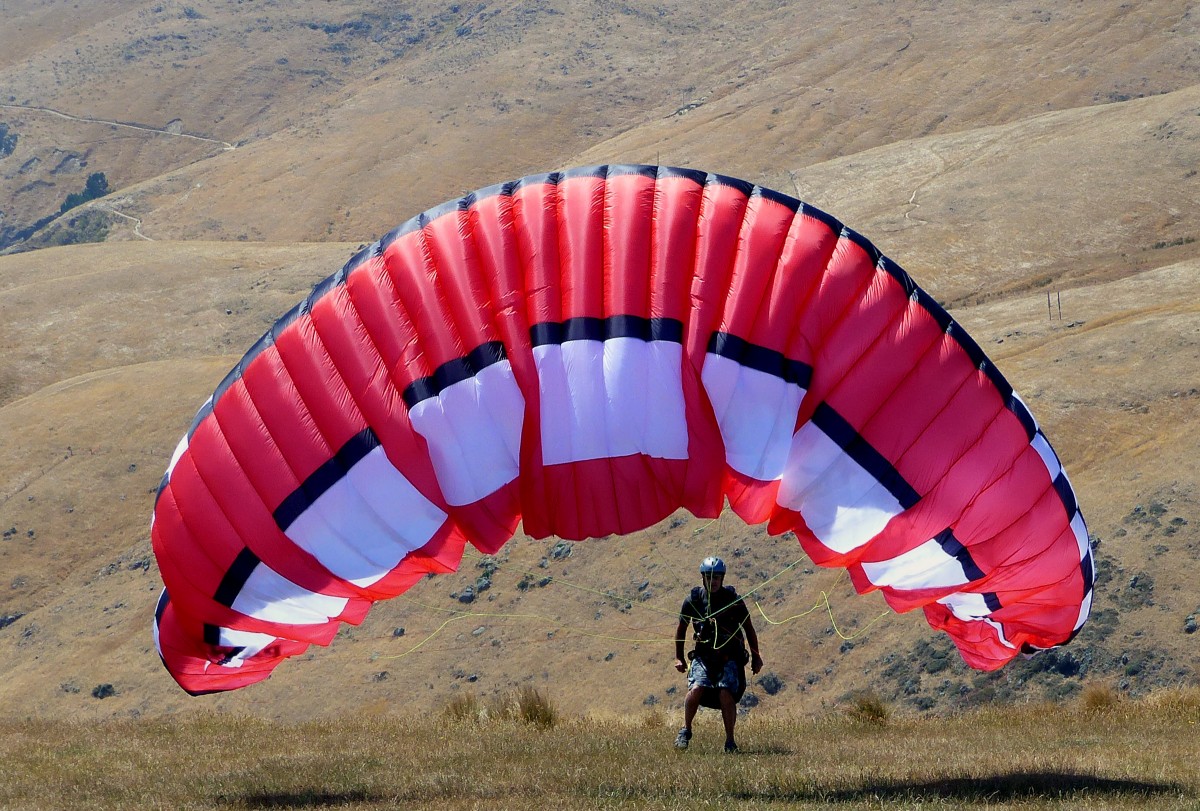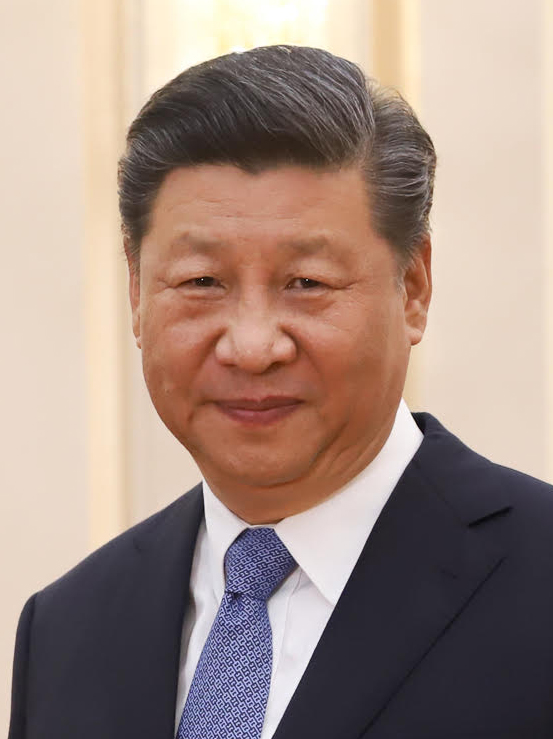
The Union Ministry of Civil Aviation (MoCA) on Tuesday announced the country’s first national air sports policy (NASP 2022), which will cover aerobatics, aeromodelling, model rocketry, amateur-built and experimental aircraft, ballooning, and drones.
Gliding and powered gliding, hang-gliding and powered hang-gliding, parachuting — including skydiving, BASE jumping and wingsuit flying — paragliding and paramotoring (including powered parachute trikes), powered aircraft and rotorcraft, will also be covered under the policy.
“The youth of India represent the future of aero sports. Programmes aimed at raising interest in aerial sports will be encouraged. Schools, colleges, and universities will be encouraged to have air sports included in the curriculum,” Union Civil Aviation Minister Jyotiraditya Scindia said.
He said Rs 80-100 crore of revenue is generated from airsports annually and the figure could rise 10 times. “From a small market size of around 5,000-odd air sports practitioners creating around Rs 80-100 crore of annual revenue in India, I feel we can target over Rs 8,000–10,000 crore annual revenue and generate over 1,00,000 direct jobs. The economic multiplier benefits in terms of travel, tourism, support services and local infrastructure development will be over three times.”
The policy proposes a two-tier governance structure for air sports in the country, which will include an apex governing body called the Air Sports Federation of India (ASFI) and associations for each air sport.
The ASFI will be an autonomous body under the Ministry of Civil Aviation and will represent India at the Lausanne (Switzerland)-headquartered Fédération Aéronaautique Internationale (FAI) and other global platforms related to air sports. It will provide governance over various aspects of air sports, such as regulation, certification, competitions, awards and penalties.
The minister said the armed forces of India, Central Armed Police Forces and various state police forces have excellent training facilities for air sports. “ASFI will engage with the ministries of Defence and home affairs, and state police forces to explore opportunities for extending their facilities to the public at a reasonable fee,” the policy says.
Other than direct revenue, air sports activities will gain more from growth of travel, tourism, infrastructure and local employment, especially in the hilly regions.
Creation of air sports hubs will also bring in air sports professionals and tourists from across the world.




